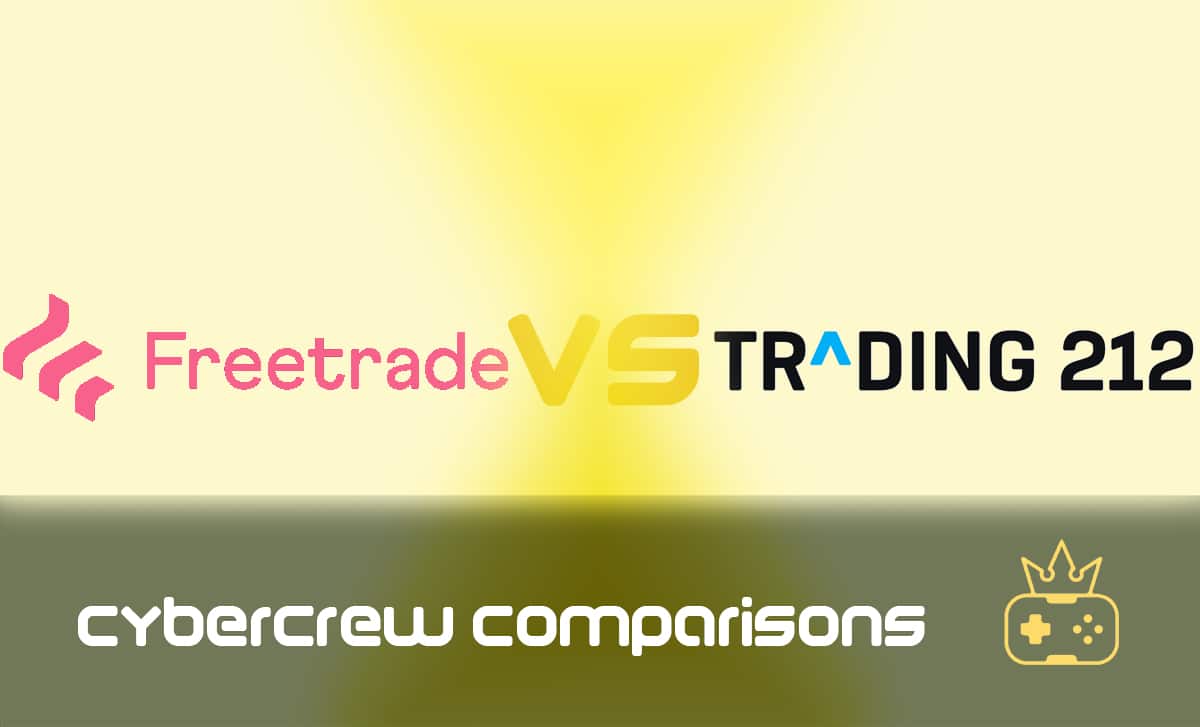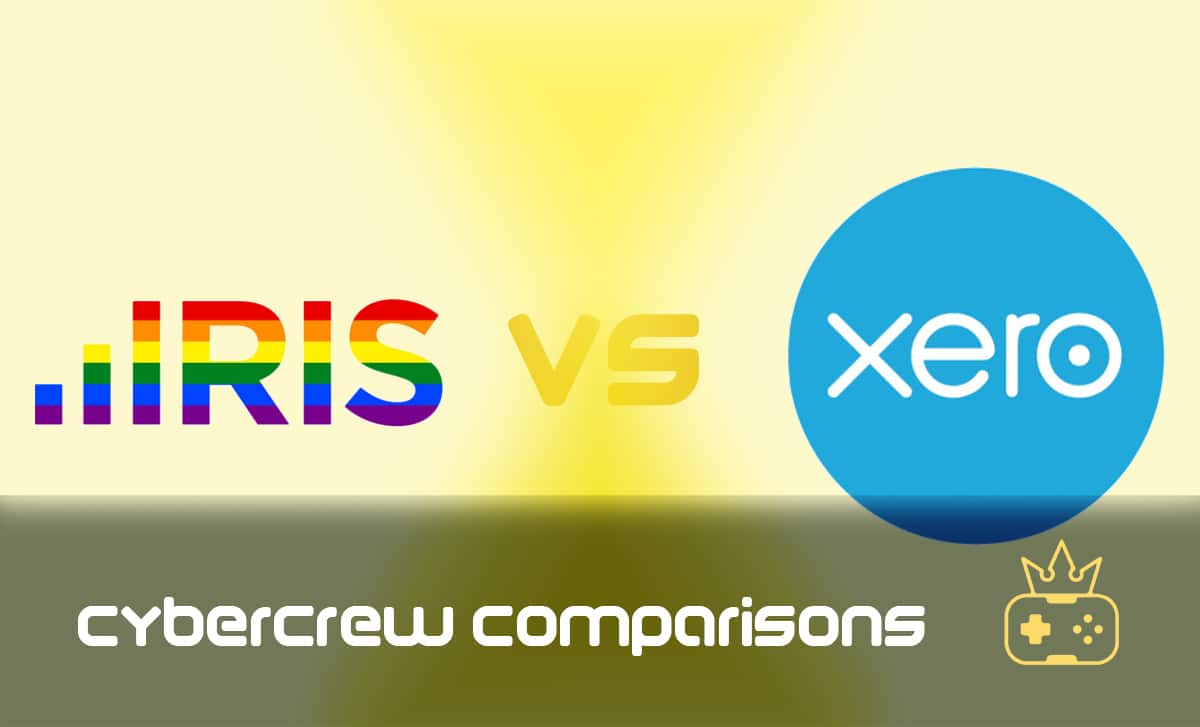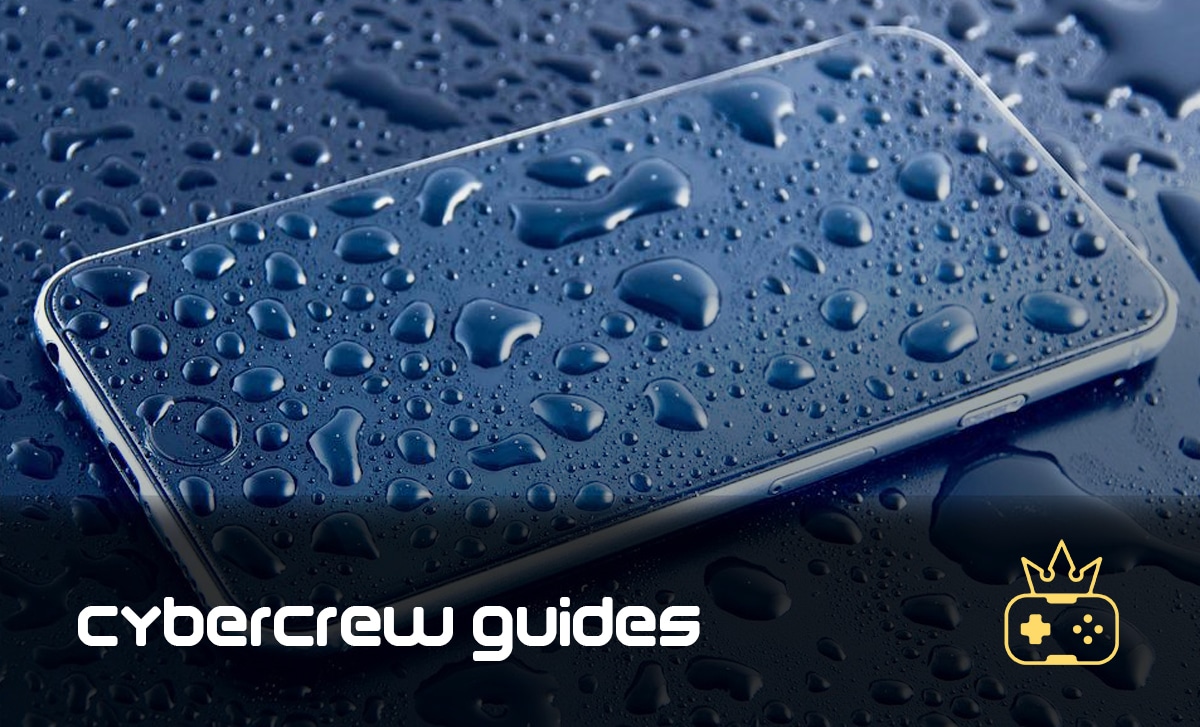What Is CS Finance? — Financing a Car
Last Updated: March 30, 2023
Buying a new car is an expensive undertaking. If you don’t think it through carefully enough, you may find yourself upside down on your loan. So, before you start shopping for your new set of wheels, it’s essential to understand the ins and outs of car finance.
There are many ways to acquire a new vehicle. For example, you can go with a standard loan, or you could explore other options, such as conditional sale (CS) finance.
If you’re not completely sure what is CS finance, you’ve come to the right place. Let’s see why buyers favour this type of agreement and compare it with other types of car finance.
What Is Car Finance and How Does It Work?
Car finance is a type of lending that allows you to spread the cost of buying a car over a period of time. You can choose how long the agreement will last and, in some cases, purchase a car without a deposit. The main benefit of car finance is that it can help you afford a more expensive vehicle you wouldn’t be able to pay for at once.
So, suppose you want to buy a car that costs £20,000. If you take out a personal loan for the total amount and have an interest rate of, say, 12%, your monthly payments will be around £460. While loans could be a good solution for buying a new vehicle fast and hassle-free, other car finance options may lead to lower costs.
Opting for other types of car finance, such as hire purchase (HP) or conditional sale (CS), you might only have to pay £300 per month, as interest rates are usually lower. However, you will need to pay a deposit for an HP deal, so it all boils down to personal preferences and whether you have enough money to give in advance.
So, with many options available, it’s essential to compare different types of car finance before making a decision. But, before we do that, allow us to introduce you to the concept of conditional sale finance.
What Is CS Finance?
A Conditional Sale (CS) is a loan secured against an asset. But, instead of using your property, for example, as collateral, you’d secure this type of loan against your vehicle.
When buying a vehicle through CS car finance, your financial provider will pay for the car and legally own it until your finance term ends. Of course, the ownership of the vehicle you buy with this loan will transfer to you after you’ve made the final payment, and you won’t have to pay any extra fees at the end of your agreement.
So, if you want to own your dream vehicle, be sure to work out what you can afford and consider this loan only if you’re confident you’ll pay off your debt on time.
Once you’ve found a financial provider offering conditional sale finance, you must pass the credit and affordability check. Since it isn’t always easy to get a loan with bad credit, improving your score before applying is advisable.
A Conditional Sale often requires a deposit. The deposit amount will vary depending on your finance provider’s policy, but bear in mind you may stumble upon no-deposit deals. It’s recommended to prepare a deposit, as no-deposit deals are rare. Additionally, you may fall down the debt spiral if you don’t put down a deposit, so try to avoid no-deposit car sale agreements.
The size of your deposit will make a massive difference, so try to save at least 10% of your purchase. Your lender will then cover the rest, and you’ll have to repay this amount over a predetermined period.
As with any other loan, the lender will charge you an interest rate. But, on a positive note, you’ll know how much you’d owe before signing a contract, and the finance provider will spread the cost of a loan in monthly instalments.
Conditional Sale Finance Alternatives
A conditional sale isn’t the only deal to consider when preparing to buy a new vehicle. So, whether you’re a first-time buyer or a seasoned pro, you should be able to distinguish between these three conditional sale car finance alternatives:
1. Hire Purchase agreement (HP) — this loan type is similar to conditional sale. With a hire purchase agreement, you borrow the total cost of the car from the lender. However, once you’ve made all the HP repayments, you must return the keys to the car dealer. Another difference between HP and CS finance is that HP requires an upfront payment, while CS loan doesn’t.
2. Personal contract purchase agreement (PCP) — a personal contract purchase agreement allows you to defer a portion of the car’s cost until the end of the finance term. At this point, you can either pay off the outstanding amount and keep the car or trade it in for a new one.
3. Bank car loans — Bank car loans are personal loans used to finance a purchase of a new or used vehicle. Some banks offer lower interest rates than car dealers, but that’s not always the case. As personal loans are unsecured, interest is usually high.
Now that we’ve looked at the three main alternatives to CS finance let’s compare them in more detail.
CS vs HP Finance
One advantage of HP agreements is that they tend to be shorter than CS loans. Typically, they last between two and five years, while a repayment term for conditional sale can last for up to seven years.
Additionally, HP car deals feature lower interest rates than CS. But, the advantages of financing a car with an HP agreement are often deceptive. By all means, a Hire Purchase is an attractive offer, but CS finance may be a better long-term solution.
The main downside of HP finance is that you’re essentially borrowing a vehicle from a car dealer. Most car dealers won’t allow you to buy the car at the end of the contract, meaning you’ll have to hand the keys back and scout for a better opportunity. In other words, the monthly instalments cover the car’s depreciation only.
Of course, each lender has a different policy, and some may even allow you to purchase the vehicle at the end of the HP agreement. If you want to own the vehicle after paying off the loan, it’s advisable to double-check the conditions of your agreement before signing any papers and committing to the deal.
If you opt for a CS car, you get to keep it. What’s more, you won’t have to pay any penalties for damaging the vehicle. Unfortunately, most HP finance providers charge damage fees, meaning you’d have to take good care of your car to avoid them.
Moreover, finance providers charge excess mileage to debtors signing a Hire Purchase agreement. Luckily, you can avoid these extra costs by opting for a conditional sale.
So, which type of car finance is right for you? It really depends on individual circumstances. If you’re looking for the most affordable option, HP finance might be the way to go. However, if you require a more secure approach, CS finance is a better solution. Ultimately, it’s vital to carefully examine both options before making a decision.
CS Finance vs PCP Finance
Both CS and PCP finance are excellent ways to get a new car without paying the total price at once. However, there are some critical differences between these two types of car finance we must address.
Another difference between CS finance and PCP finance is the interest rate. With CS finance, the interest rate is usually higher because the lender doesn’t have the option of repossessing the car if you default on the loan.
You may be required to pay a deposit for a PCP deal, but this may vary depending on the lender. Just as with CS deals, you will make fixed monthly payments once you settle a mileage allowance and contract length. Then, after the contract ends, you will have the following options:
- Return the vehicle without paying extra charges
- Pay a lump sum and keep the car
- Trade the car for a new one and continue with your payment schedule
CS Finance vs a Bank Loan
Bank loans are undoubtedly the most popular way to finance a new vehicle. These arrangements are unsecured, and they’re favourable due to offering instant ownership. So, unlike with a CS finance deal, you won’t have to wait until the agreement with your bank ends to become a legal owner of your car.
The potential drawback of bank loans is that any asset under your name might become collateral. In contrast, finance dealers may repossess your car only if you don’t repay your loan. That said, a conditional sale agreement is a better option for those who don’t want to flirt with uncertainty and worry about losing their assets.
Signing up for vehicle CS programmes helps dealers make more money because many buyers renew their contracts when the initial one expires. They’d usually make a new offer well before your initial contract expires and allow you to switch to a new automobile if possible, extending your term even further.
As a result, they may provide very competitive CS arrangements featuring lower interest rates than a personal loan for the same amount. So, in a way, if you sell your car and use that deposit to get back in the game and buy another vehicle through conditional sale, you’d have a brand new vehicle in your garage every 5–6 years.
Conditional Sale Pros and Cons
Now that we’ve looked at CS finance in more detail and compared it to other financial arrangements let’s dissect its pros and cons.
Advantages of Conditional Sale
The main perk of CS finance is that it’s easy to get approved. The deal itself is flexible, and as long as you repay what you owe on time, you won’t find yourself trapped in a situation that feels like a debt spiral. Other advantages are:
- Affordability — CS finance can be more affordable than other loan types
- Ownership — you own the vehicle after the payments are complete
- High approval rates — as the vehicle you want to buy is collateral, a quintessential credit history isn’t always a must
Disadvantages of Conditional Sale
One disadvantage of CS finance is that you don’t have the option to trade in your car for a new one after the agreement ends. Here are some other reasons a conditional sale arrangement might not be the ideal solution for you:
- You don’t own the car until the debt is repaid
- You can’t sell or make changes to your vehicle until you become a legal owner
- The lender may repossess the vehicle if you’re unable to keep up the repayments
Wrap Up
So, what is CS finance?
When it comes to car finance, a conditional sale agreement is a loan type secured against the vehicle you want to purchase, allowing you to claim the ownership at the end of the arrangement. Whether it’s a good deal depends entirely on you, but generally speaking, conditional sale finance is an excellent deal for those who want to drive the best car in the neighbourhood.
There you have it! That’s everything you need to know about CS finance. Be sure to consult a professional and check your eligibility before proceeding, as it will help you avoid mistakes and find the best deal possible.
FAQ
When you finance a car, a bank or any other financial institution offering a loan provides funding for your vehicle. Then, depending on the terms of your contract, you’re obligated to repay your debt, including interest, over a predetermined number of months.
A Hire Purchase is a type of car finance allowing you to borrow a car over a set period of time. In return, you must prepare a deposit and pay off the value of your vehicle before the repayment period ends. However, you will most likely have to return the vehicle to your car dealer at the end of your agreement.
In a way, PCP could be a better deal for you if you’re looking for more flexibility. PCP gives you more options at the end of the agreement, while the main requirement for an HP deal is to return the vehicle to the lender. So, if you want to keep your car or trade it for a new one, a PCP deal is the way to go.



![How to Sell on Depop in the UK [2024 Guide]](https://cybercrew.uk/wp-content/uploads/2023/06/Selling-on-Depop-UK.png)






